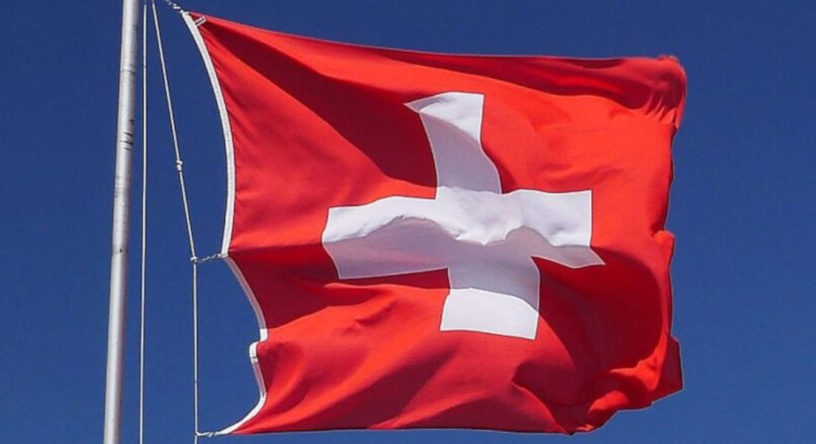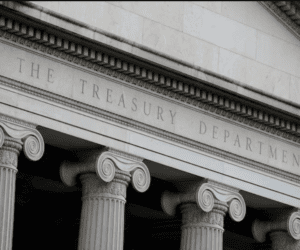By Dan Byrne
Switzerland’s defences against money laundering do not work, according to the former head of the Swiss government’s AML watchdog.
Lawyer Daniel Thelesklaf ran the Money Laundering Reporting Office Switzerland (MROS) for less than a year before resigning in June 2020 without official explanation. He now advised the Monaco government on strategies to counter money laundering.
In an interview with Swiss newspaper Tages Anzieger, he said that Switzerland “only ever implements the absolute minimum mandatory standards because of pressure from abroad.”
“The efficient fight against money laundering is only of secondary importance. Unfortunately, I came to the conclusion that you can’t get anywhere in Switzerland.”
His comments come as the FinCEN files cause tremors across the global banking industry, with revelations revealing top banks’ roles in facilitating dirty money transfers around the world.
Swiss public broadcaster RTF found that FinCEN recorded over 2,000 suspicious transactions related to the nation’s banks, involving $3.7 billion being sent into Swiss accounts, and $4.2 billion sent from them.
Switzerland – or more specifically, Geneva – is ranked at the world’s 9th most important financial centre in the 2020 Global Financial Centres index.
Thelesklaf argues that Switzerland only has the capacity to monitor and take action on “a fraction” of the laundered funds which are currently handled by Swiss banks, and he says this situation is cannot be sustained.
Among Thelesklaf’s tough criticisms of the Swiss AML efforts were its outdated IT systems – with much paperwork still requiring manual processing – and its dependence on the cooperation of corrupt regimes in foreign countries.
He argues that working with these regimes hinders any AML probe, and will continue to do so until the regime changes. He said that a law change is needed that requires anyone under investigation to prove the genuineness of their assets, allowing more thorough conclusions to be drawn.
Share this on:
Follow us on:








